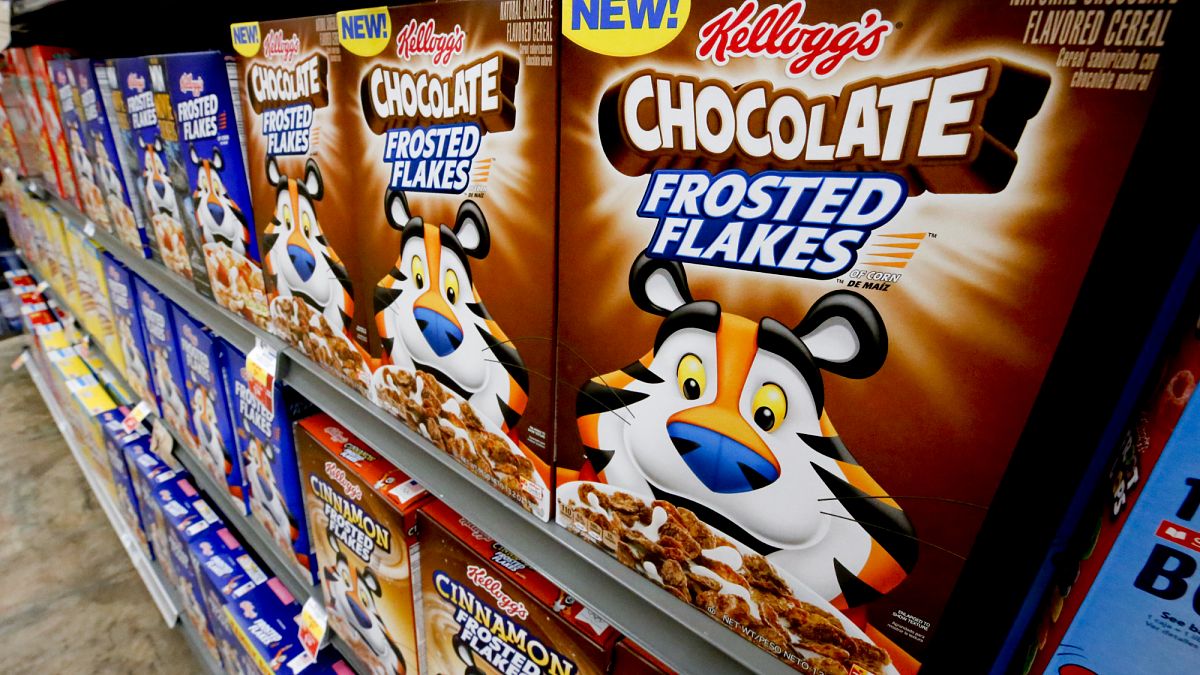

In the ever-evolving landscape of international business, two significant developments have captured the world’s attention. The first involves a potential acquisition in the food industry, while the second centers around heightened trade tensions between the United States and Brazil. Each narrative weaves its own complexities, and together, they offer a glimpse into the dynamic interplay of global markets.
In an exciting chapter for the global food industry, shares in WK Kellogg have experienced a notable surge amidst reports of a potential takeover by Italy’s Ferrero. This development heralds the possibility of one of Europe’s leading confectioners establishing a robust presence in the U.S. cereal market. The potential acquisition signifies strategic expansion and reflects Ferrero’s ambition to diversify its product line by entering new markets. Such a move could enrich the competitive landscape, offering consumers a broader array of choices while reinforcing Ferrero’s standing as a versatile player in the global food industry.
Transitioning from the sphere of corporate mergers to international trade, a different kind of tension is brewing. The U.S. government, under the leadership of President Donald Trump, has announced a substantial 50% tariff on goods imported from Brazil. This decision underscores the complex geopolitical dynamics at play, as the tariffs are partly motivated by objections to what President Trump has described as a “witch-hunt” trial against Brazil’s former president, Jair Bolsonaro. The accusations against Bolsonaro involve attempts to maintain power following his electoral defeat in 2022, adding layers of political intrigue to the economic ramifications.
The announced tariffs reflect not only a potential shift in bilateral relations but also a broader strategy that could impact inflation and economic stability in the United States. Amidst this backdrop of protective economic measures, concerns arise regarding the broader implications for international trade norms and the precedents such actions might set for future diplomatic engagements.
Additionally, the recent U.S. trade policy extends beyond Brazil. President Trump has targeted a range of other countries, such as the Philippines, Brunei, Moldova, Algeria, Libya, Iraq, and Sri Lanka, for similar tariffs. This broad spectrum approach signals an assertive stance on trade policy, raising questions about its long-term impacts on the global economy and potential repercussions for domestic stakeholders.
As these stories evolve, stakeholders around the world are closely monitoring the rippling effects of these developments. The narrative surrounding Kellogg and Ferrero holds the promise of innovation and competition, while the U.S.-Brazil trade situation is a reminder of the intricate tapestry of international relations and the interconnected nature of modern economies.
In summary, the potential Ferrero-Kellogg merger and the imposing U.S. tariffs on Brazil serve as key moments in the broader discourse of global commerce. They propel us to think about the strategic movements of companies and countries in an integrated world, inviting anticipation and careful watchfulness for what lies ahead.
Source: {link}
